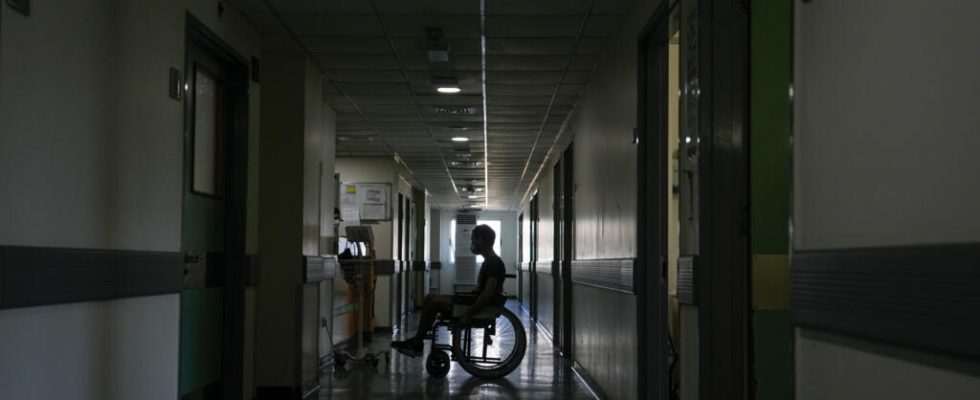Three years ago, during the gigantic explosion that devastated Beirut, the human toll was extremely heavy with more than 220 dead and 6,500 injured. The hospitals of the capital had not been spared either. The nearest was located 200 meters from the port: the public hospital of Quarantine, one of the few to welcome the poorest. Patients and doctors had been injured, entire walls and ceilings had been ripped off. To get the establishment back on its feet, everything had to be redone thanks to international aid. The hospital is now opening a new wing: a rebirth for the district.
2 mins
With our correspondent in Beirut, Sophie Guignon
Three years ago, Robert Sacy, doctor at the head of the pediatric department, haggardly discovered his hospital in ruins. It is a brand new four-storey building which is inaugurated this Friday, August 4th. “ I am very happy that we were able to hold this event and inaugurate this hospital on August 4, which is really a symbol for us, a symbol of mass destruction, believes Robert Sacy, pediatrician, but also director of the Assameh association. We treat about 1,200 to 1,500 children a year, in this hospital, we will now double the capacity. In October, we are going to open an obstetrics department. »
More than 500,000 inhabitants unable to pay for their care should benefit from this extension. “ The hospital is back to how it was and even better, underlines Youmna Khodr who has been a nurse for seven years in the hospital. Here, we welcome everyone, Lebanese, Syrian refugees, migrant workers from Ethiopia, we really welcome everyone. »
But once the inauguration is over, the challenge is to keep the hospital running despite the rationing of electricity, recalls Carine Sakr, the director of the establishment: “ My obsession, my first difficulty, is electricity, it’s fuel oil, it’s the cost of fuel oil that we are paying. If I tell you the bill, it’s huge, it’s huge. I’m afraid to say, I can’t go on. »
Under the banner of Unicef, many countries including France participated in this project for a total cost of around 4 million euros.
Read alsoExplosion of the port of Beirut: a slow but palpable reconstruction
